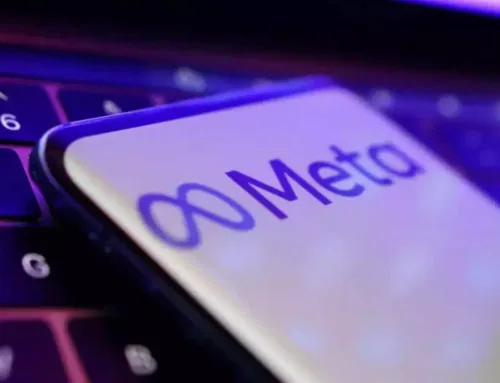Indonesia to punish environmental violations at Chinese-controlled nickel processing facil
July 5, 2025
The Diplomat
Indonesia’s government says it will sanction companies for environmental violations at a huge nickel processing hub on the island of Sulawesi. In June 2025, the Environment Ministry said it had discovered serious environmental breaches at the sprawling Indonesia Morowali Industrial Park (IMIP), Bloomberg reported.
The ministry found that IMIP built processing facilities and conducted other activities on 18 square kilometers of land that was not included in the company’s original environmental impact assessment report. The park failed to manage wastewater and air pollution, which exceeded permissible levels. The ministry also found an estimated 12 million metric tons of mining residue, or tailings, in the vicinity of IMIP.
The complex “must stop activities that are not covered by its environmental approval,” Indonesian Environment Minister Hanif Faisol Nurofiq said in a statement, Reuters reported.
IMIP, which is controlled by the Chinese metals giant Tsingshan Holding Group Co., is in Central Sulawesi province and employs more than 100,000 staff and contractors, according to Bloomberg. Most of its tenants are involved in processing raw nickel ore, of which Indonesia possesses the world’s largest reserves, for use in stainless steel and electric vehicle (EV) batteries. The park produced about 20% of Indonesia’s nickel pig iron in 2024, according to mining association data cited by Reuters.
The Environment Ministry ordered a halt to operations beyond the scope of approved activities and said it will fine companies that violate the law. Rizal Irawan, deputy for environmental law enforcement, said the ministry will order an environmental audit of the IMIP industrial area. “On findings of hazardous waste tailings, we will proceed with a criminal and civil legal process,” he said in a statement.
A spokesperson for the company that runs the IMIP defended its management of wastewater and toxic tailings, saying it would “maximize coordination and supervision of the operations of all tenants in order to carry out all forms of improvement” in accordance with the Environment Ministry.
A week before the ministry’s announcement, Indonesian President Prabowo Subianto revoked the licenses of four nickel mining companies operating in the Raja Ampat archipelago in Southwest Papua province, citing environmental violations. The suspension came after Greenpeace Indonesia published an investigation in May 2025 on the effects of nickel mining on three islands in Raja Ampat.
Indonesia’s nickel industry has grown rapidly over the past decade as the nation has become a global manufacturing hub for EV batteries. Indonesia accounts for more than half of global nickel production, but the industry, which is dominated by large Chinese firms, has come under scrutiny for its deleterious social and environmental impact.
Search
RECENT PRESS RELEASES
Related Post



